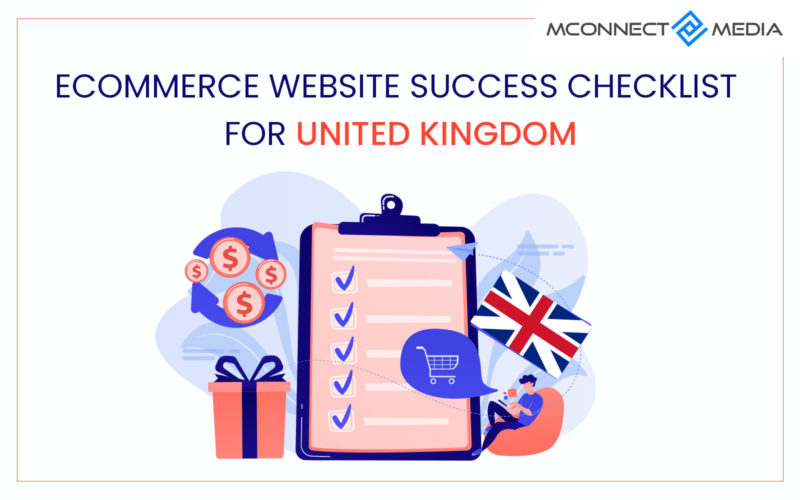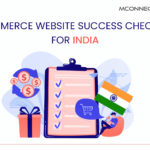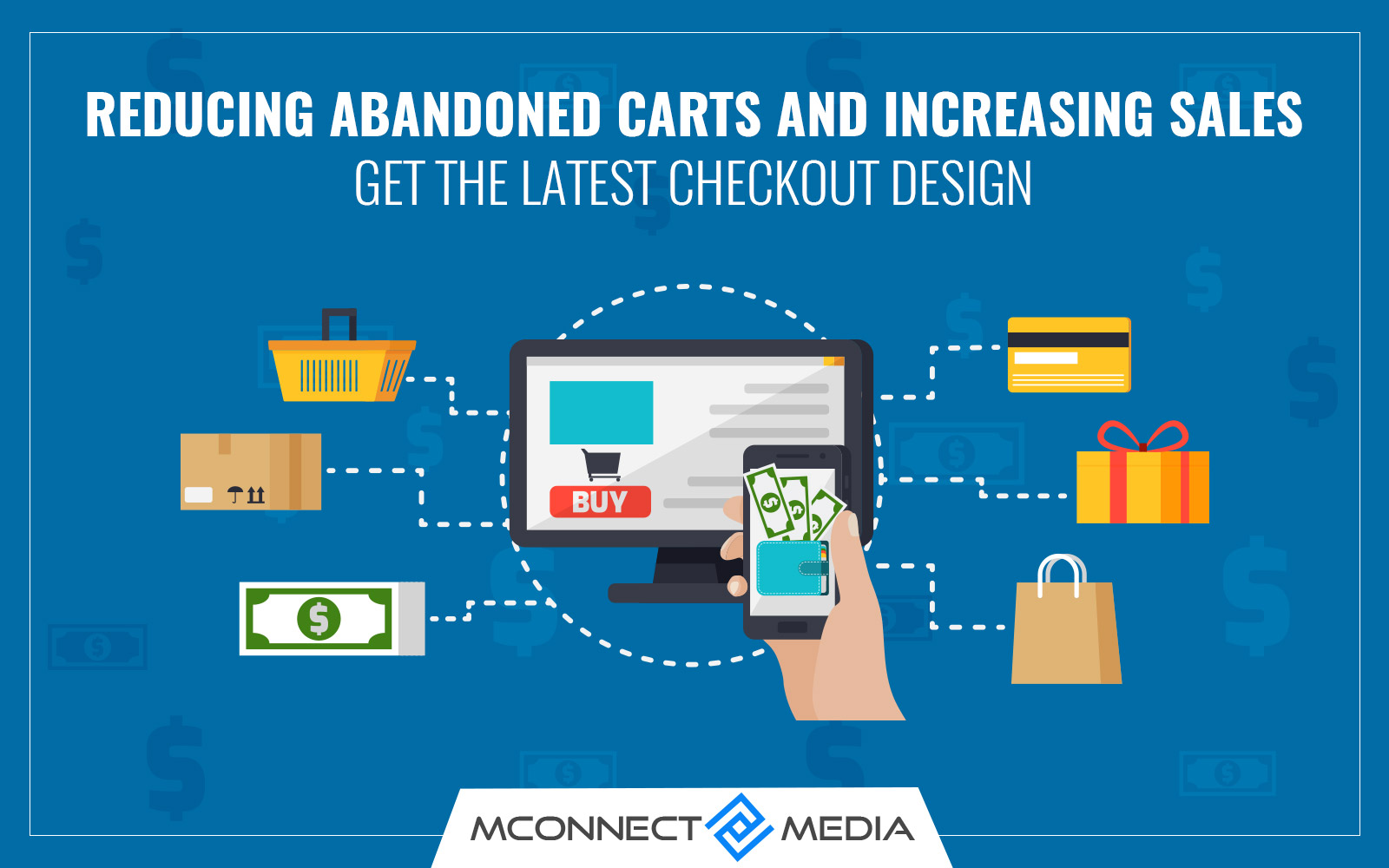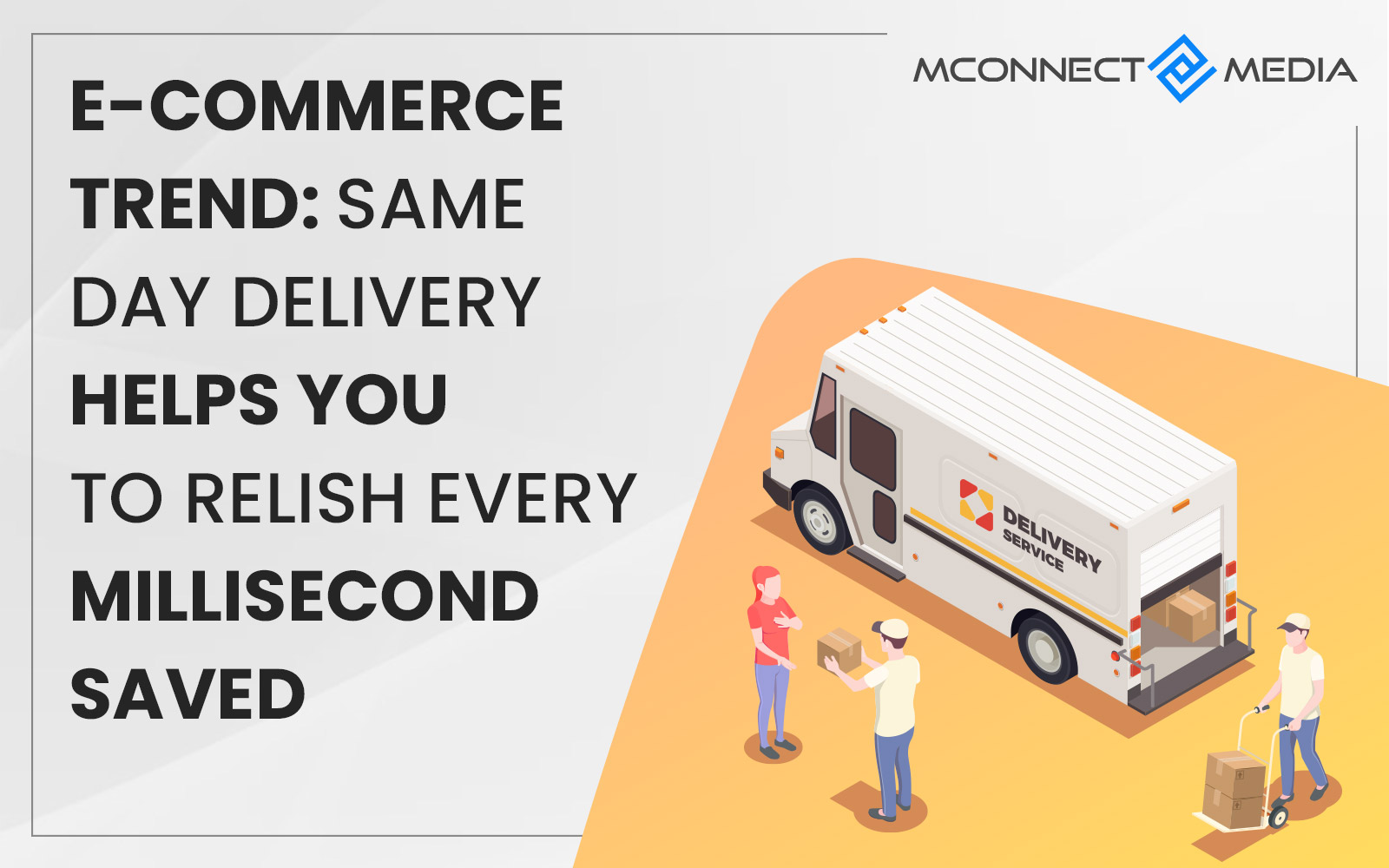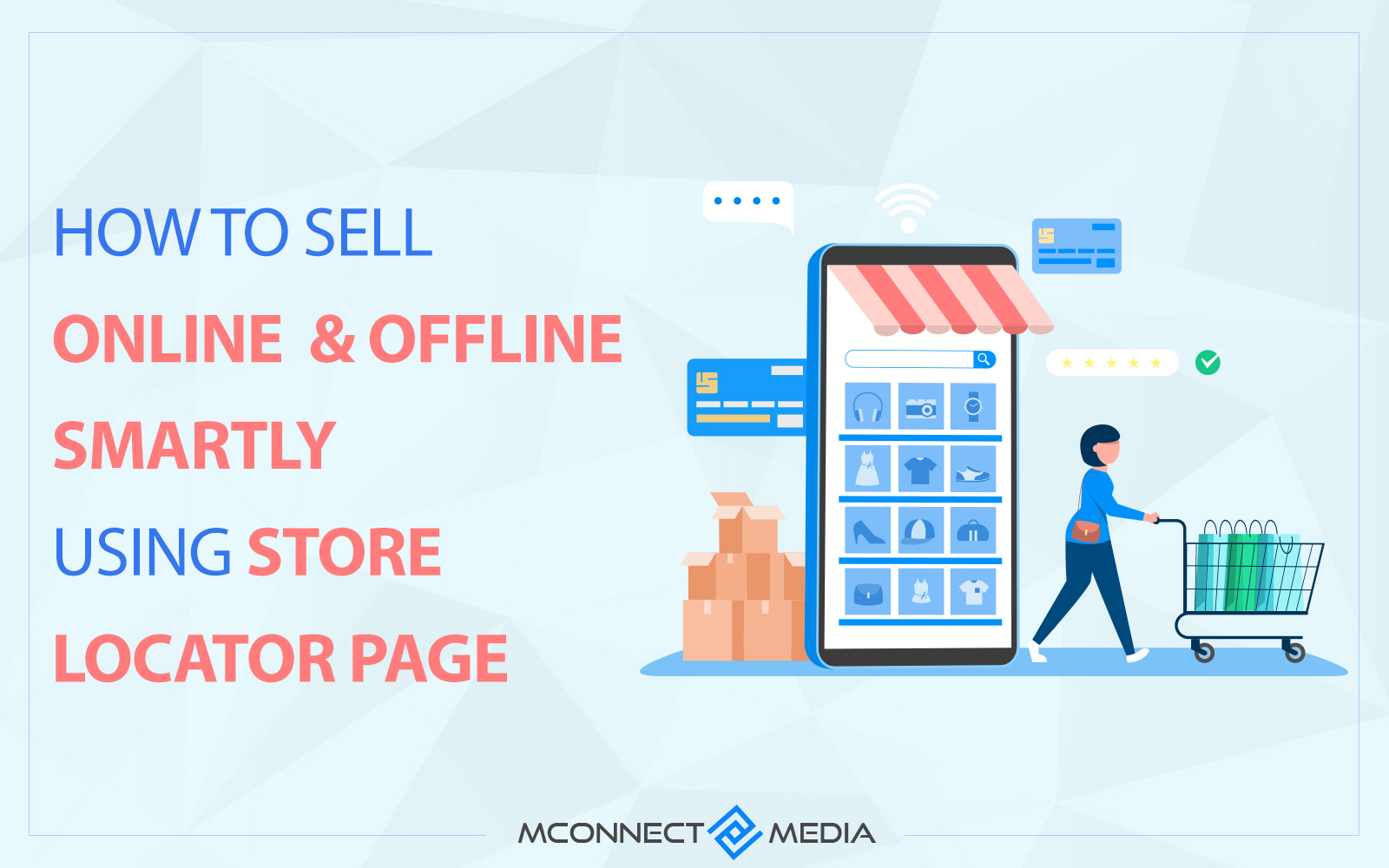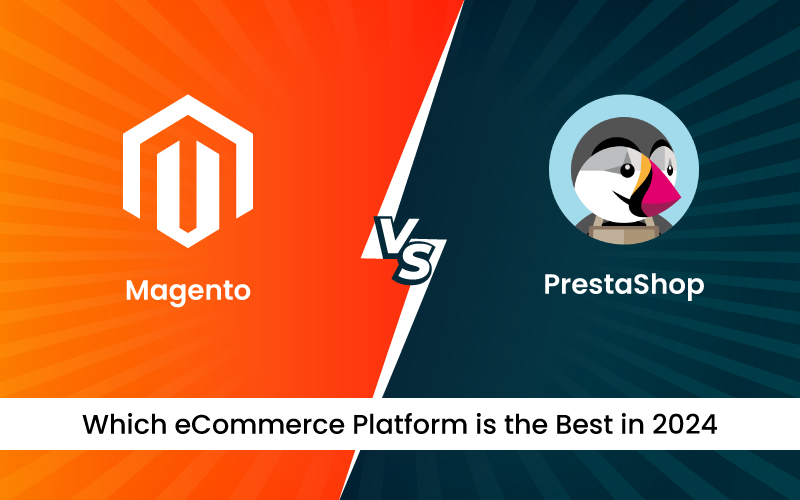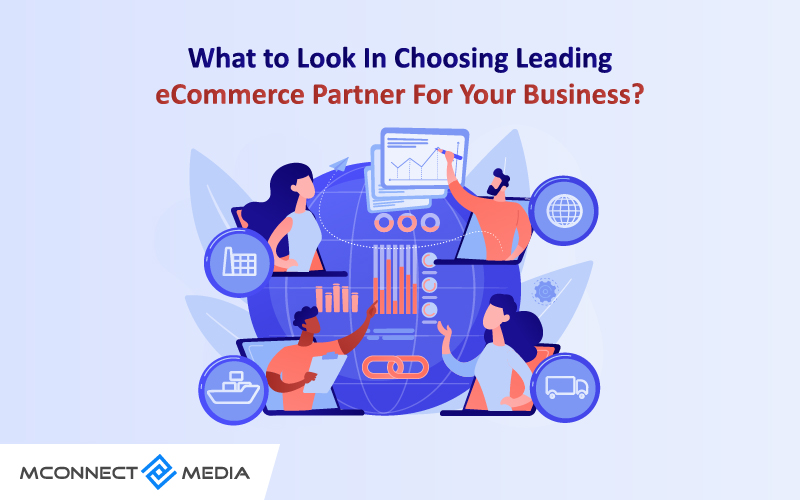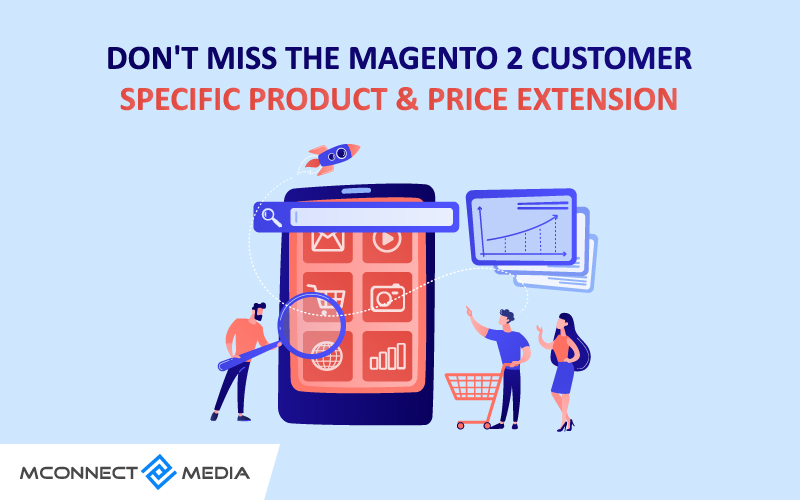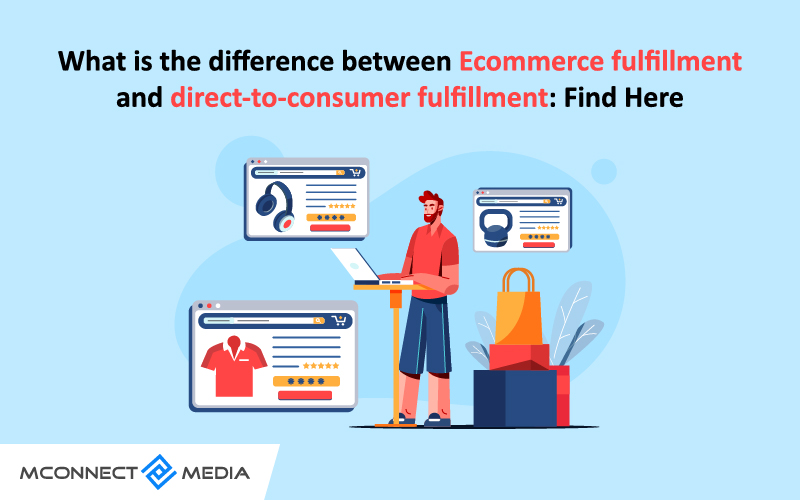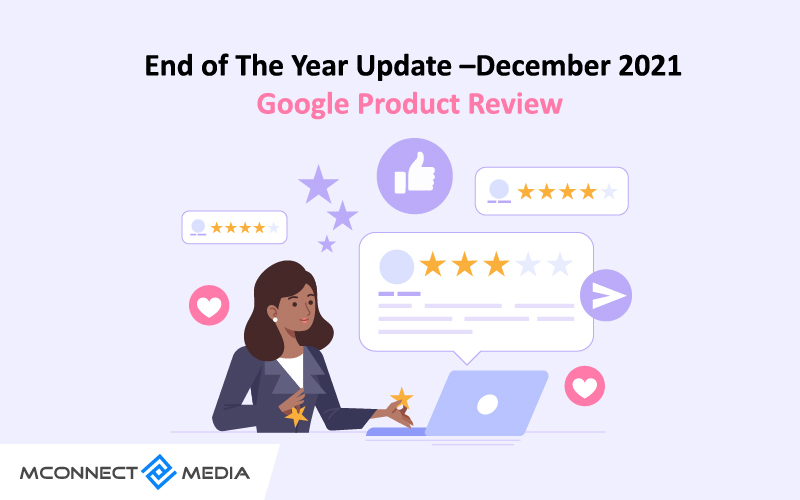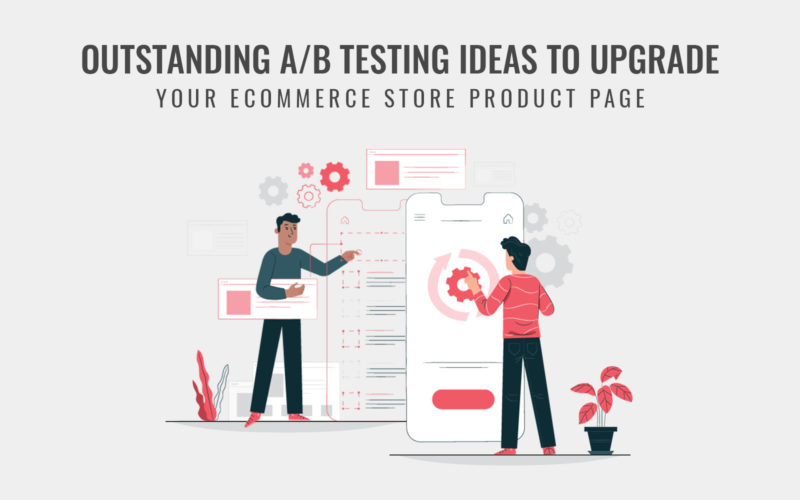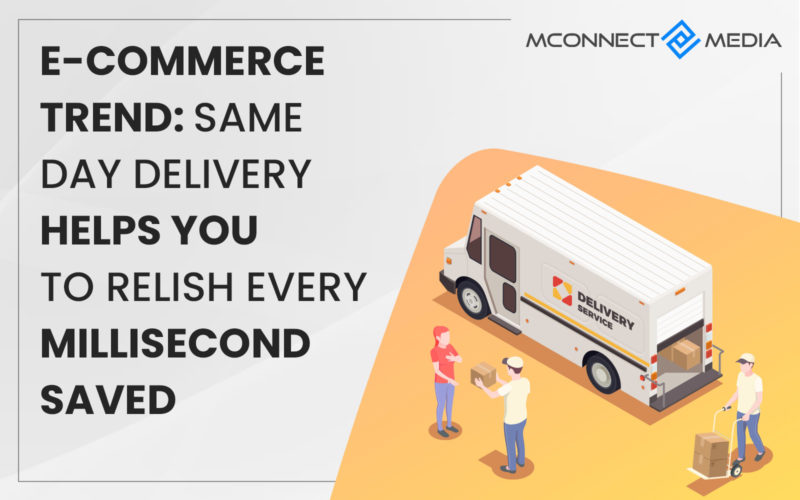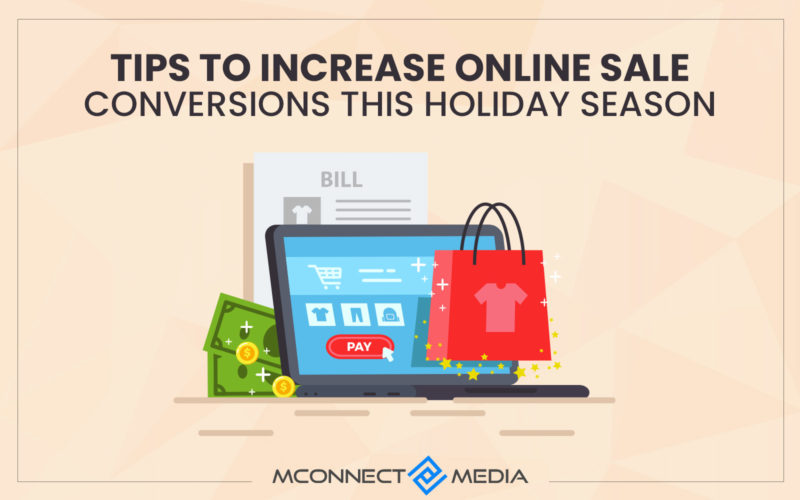Ecommerce and online retail stores are the key reason for the economic growth in the United Kingdom. And this economic growth trajectory is expected to continue in upcoming years as well. According to Statista, eCommerce in the UK is expected to grow at a 3.47% CAGR and is projected to reach $119,096 million by the year 2025.
As you are about to start your own eCommerce store, it goes without saying that your online store should fit perfectly for the purchase they are intended for. You also should be ready for the competition as new eCommerce stores are continually entering into this online sphere. And to help you with starting a successful eCommerce website here’s a proven checklist to get you started.
Ecommerce Website Success Checklist for the United Kingdom
The last five to seven years of eCommerce growth in the UK has taken off quite phenomenally. Since that period, much has changed but not the fundamentals of starting an eCommerce website. So, without further ado, let’s get going.
1. Research & Find a Product to Sell
The first thing you should concern yourself with is what you can offer to your target audience, for which they already don’t find a solution in the market. This is essential to know what products you’ll sell online and how you sell them: retail, wholesale, or direct-to-consumers before doing anything. It is often the most challenging part of starting up a new business online. But if you are just expanding your business in the UK’s market, chances are you already have a product idea to sell online.
If you already have an idea of what products to sell, next is to decide whether to manufacture the products locally or outsource the manufacturing part. Come with some concrete data that tells you what’s the most economic way of acquiring products you plan to sell.
Once you have taken care of that, the next thing to consider is what your target audience looks like. Are other businesses your target market or general consumers? Once you know who’s your target audience, next research competitors in your niche. Spend a bit of time researching to make things crystal clear and validate your idea of starting an eCommerce business.
2. Know Your Customers Well
Start knowing as much as possible about your customers well in advance. Knowing who your customers are, is absolutely essential for business owners to find the best ways to engage them. You must learn to know what your customers want even before they know it themselves. And once you know that, you can mould your website to engage them and offer personalization.
This is an important checkpoint even important than evaluating your idea of starting an online business. Having a clear idea about what customers’ needs are and how you plan to fulfil those needs, you can grow your business enormously. Along with your customers, you must also know the volume of customers.
The size of the audience your eCommerce website will serve to play a vital role in its exponential growth. There’s no doubt about selling online gives you access to a wider audience & a bigger market than a traditional store. Moreover, knowing who your audience is and what they consist of matters a lot than you can think.
3. Prepare an eCommerce business plan
In order to start a successful eCommerce business, it’s essential to prepare a business plan. On average, 550,000 new businesses start every month and only half of them survive after 5 years, and only 30% of the business get past the 10-year mark. Having a well-thought-out business plan helps you gain a better understanding of your market.
Moreover, you can plan the resources such as financial resources, physical resources and human resources well in advance. Also, the business plan will help you scale your business in future if needs be. Your business plan is your blueprint to turn your idea into a fully-fledged enterprise. It should lay out your vision & mission of starting a business and how you’re going to achieve it.
4. Register Your Brand & Domain Name
Next, register your brand & secure a domain name using which you’ll start your eCommerce business. Your domain name essentially represents your brand name. It doesn’t necessarily relate to the products you sell, but it should be catchy and grab the attention of users as soon as they see it. Also, it’s not necessary to include keywords in your domain name to become visible to Google & other search engines.
However, sometimes the concept of securing relevant domain & brand name can work too. For instance, if you want to sell recycled furniture, it will make sense if you go for a domain like myrecycledfurniture.co.uk or recycledfurniture.co.uk. If you plan to sell only in the UK, then go for a .uk domain. But if you fail to secure the .uk or .com domain variant, you can also go for other variants like .online, .shop, etc.
5. Select Hosting & eCommerce Platform
After you have secured the domain name for your brand, next is to find a suitable hosting environment for your eCommerce business. The hosting provider should have compatibility to host your eCommerce platform. When it comes to choosing the best eCommerce platform, there are numerous options such as Magento, WooCommerce, Drupal, etc.
These platforms require an optimized hosting provider that perfectly handles the load. You can also go for pre-hosted platforms like Shopify and Magento Commerce/Cloud to leverage the more advanced features for B2B & B2C type business models.
Other than these, there is a vast range of eCommerce platforms and each has its own advantage and drawbacks too. Thus, the selection of your eCommerce platform should be based on your requirements like the demand you are anticipating & how big your inventory is going to be.
Depending on your requirement, you must also choose the right kind of server hosting plans. Your website servers are the main entity responsible for website speed, uptime, & performance. So, ‘tis vital to go for reliable hosting that works best in European countries, especially in the United Kingdom.
6. Find a Reliable Agency to Build Your UK-based Ecommerce Store
Now it’s time to build your UK-based eCommerce store. This is one of the crucial steps because developing a user-friendly store is what brings the customers. Your eCommerce website is what convinces customers to spend their money on your products. And for customers to do that, you must provide a top-notch user experience on your website.
What you can do here is find and hire a reliable eCommerce development agency locally or outsource the development work to an agency working remotely in your time zone. A reliable eCommerce development agency will take care of everything from designing to development to deploying your website on a live server. They help you make your website user-friendly that aid in boosting sales & conversions and ultimately enhance the revenue.
7. Integrate Gateways to Receive Payments
Platforms like Shopify provide you with payment solutions that you can integrate and utilize on your website. For platforms like Magento & WooCommerce, you’ll have to consider what payment gateways to integrate. First, find what UK consumers are more accustomed to using for making online payments and purchasing items.
Having consumer favourite payment processors can make a significant positive impact on the conversion rate. Also, make sure that the payment processors you choose have PCI DSS compliance. Another choice you have to make is to self-host the payment page or go for the payment page hosted by the processors. While self-hosting is good for a seamless payment experience but has increased risk of security on the other hand. Also, it may require different levels of compliance from PCI. So, the choice is yours to select the best fit for your eCommerce website.
Wrapping Up
Starting up your eCommerce business in 2021 has become easy and this eCommerce website success checklist makes the task easier. Here, we have focused on few key areas like what products to sell in the UK specific market, consumer research, making a well-thought-out business plan, register a brand name & domain name, select hosting & eCommerce platform, integrating payment gateway. And most importantly finding a reliable eCommerce development agency.
M-Connect Media is the one-stop solution for all your eCommerce development needs. We offer the most sophisticated and peerless web designing and development services. You can consult our eCommerce experts to have more perspective on creating a successful eCommerce business in the United Kingdom. Contact us to discuss things further and kickstart your project now.


